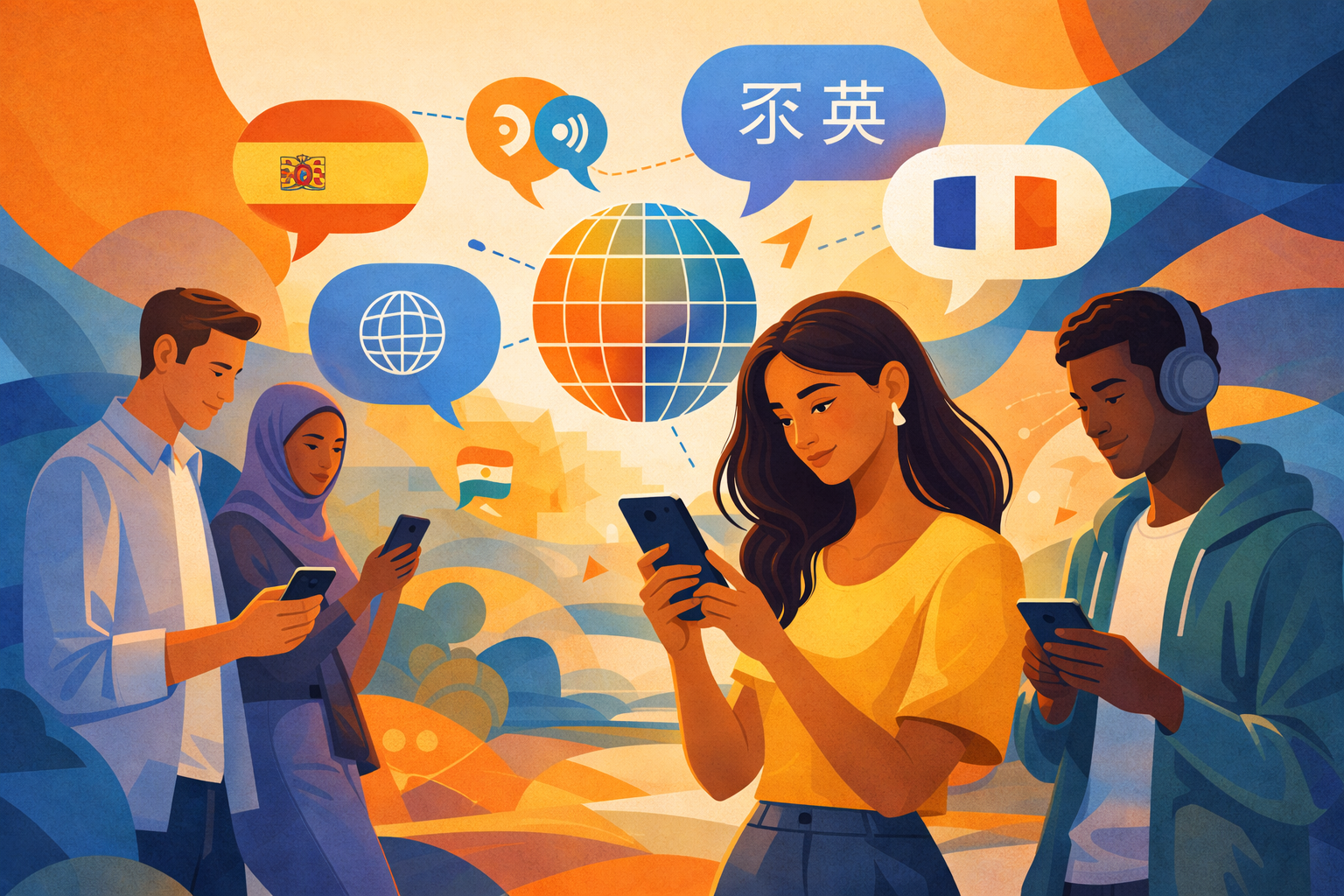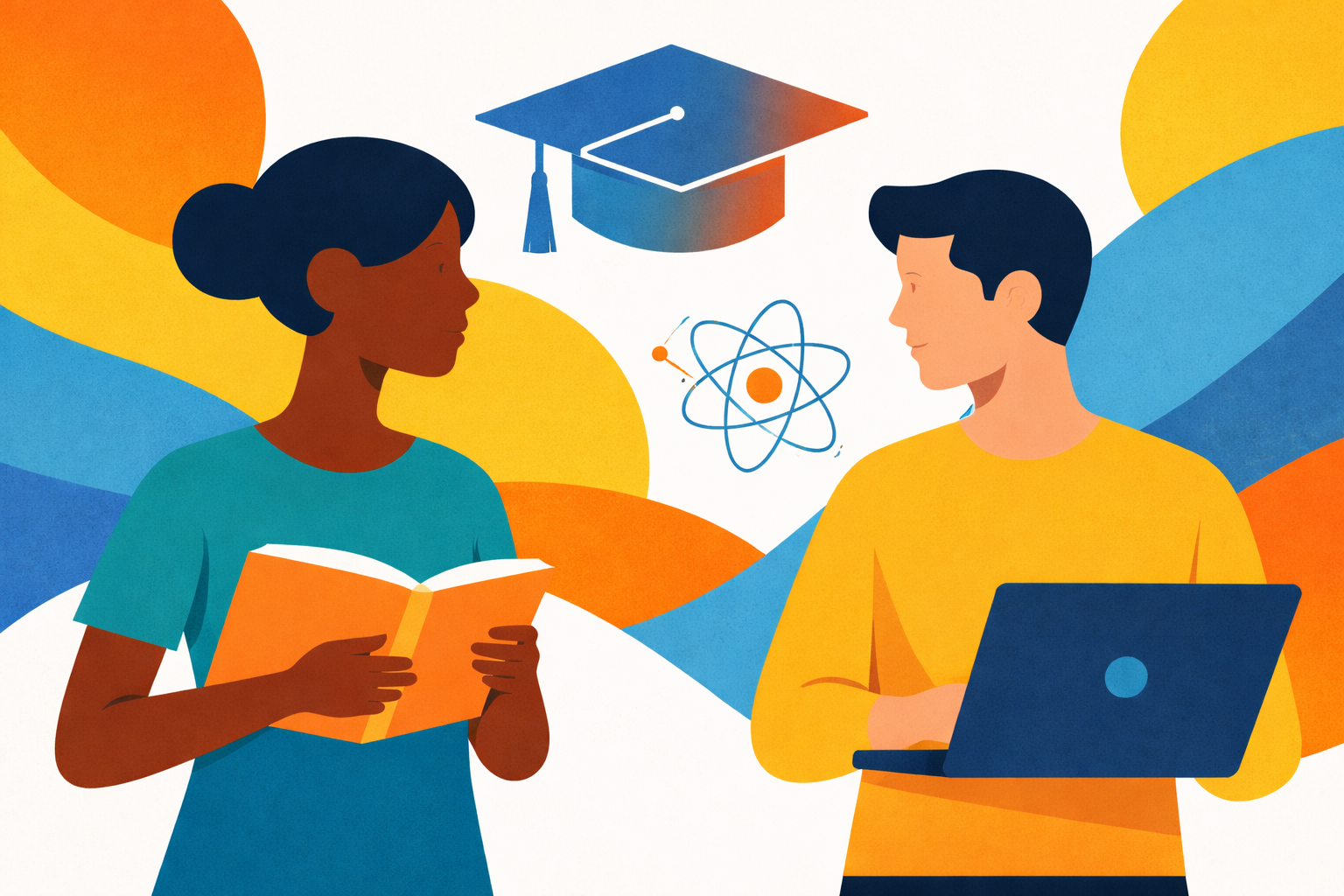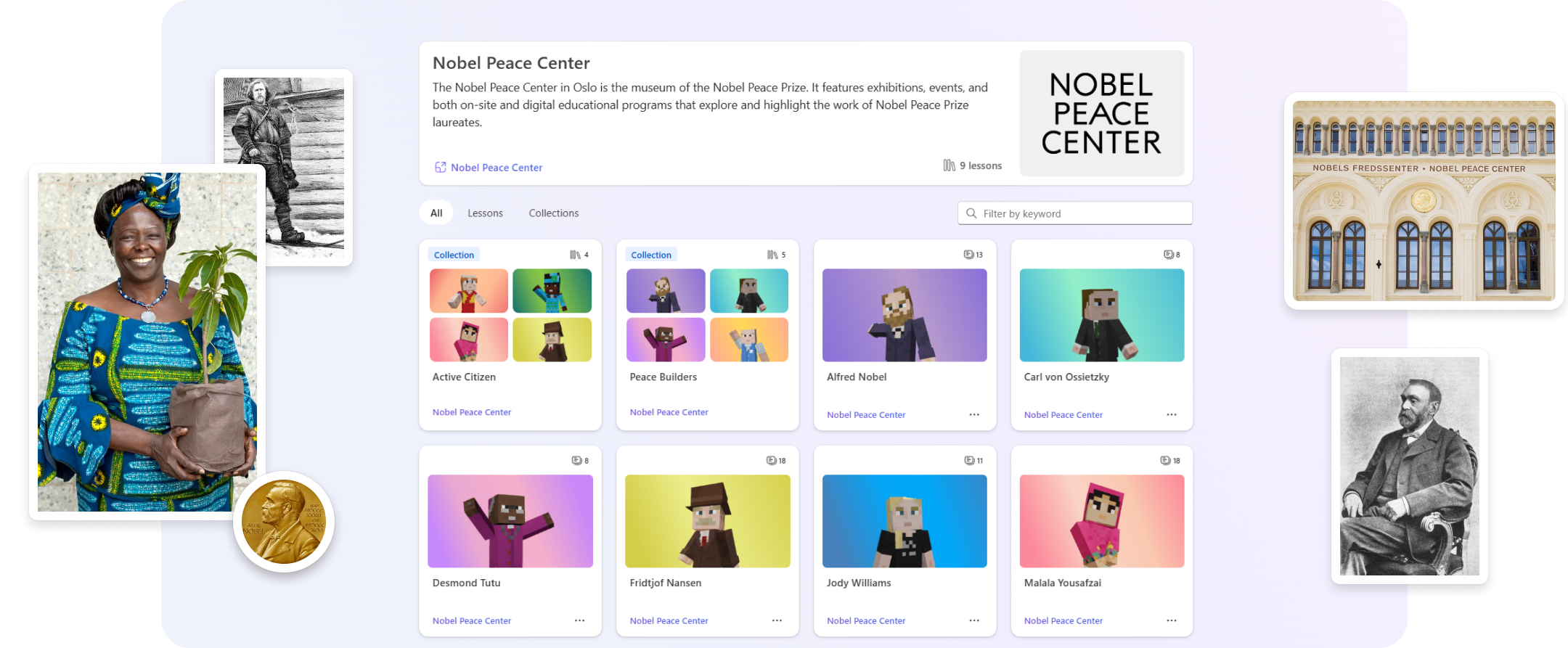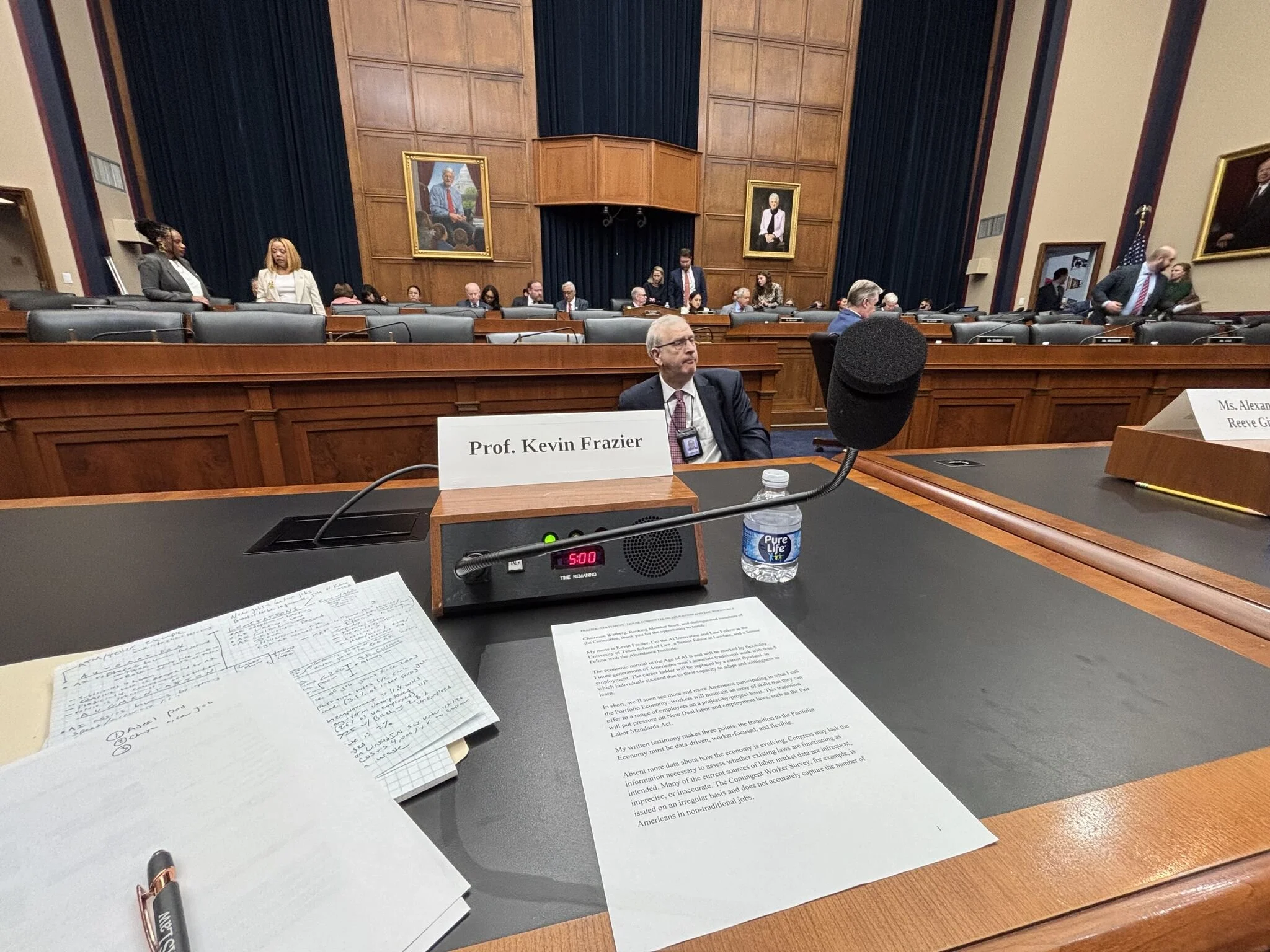Perplexity introduces new language learning feature for iOS and web users that could rival Duolingo
AI-powered answer engine Perplexity has added a feature aimed at supporting users trying to learn a new language.

Available for iOS and web users, with a planned rollout for Android coming soon, the feature allows users to practice vocabulary, memorize new phrases and get help with pronunciation in the user’s preferred language.
Writing on LinkedIn, Perplexity’s Co-founder, President and CEO Aravind Srinivas, explained: “We’ve built a new experience for learning languages on Perplexity. Answers need to go beyond text to interactive experiences and cards embedded into the stream of tokens.”
Tokens are a unit of text - such as a word or punctuation mark – that Perplexity uses to process and generate language. Perplexity can process around 8,000 tokens per query.
Users can request a list of helpful phrases to learn ahead of a planned trip. Perplexity says the tool is suitable for those wanting to learn basic vocabulary as well as those looking to learn more advanced phrases.
Last month, language learning app Duolingo announced a new partnership with LinkedIn, allowing learners to add their Duolingo score to their LinkedIn profile for the first time.
Earlier this year, Duolingo announced it was moving toward an ‘AI-first’ mode, as its CEO shared that the company will stop working with contractors on any tasks that can now be completed by AI. Sharing an email sent to all staff on LinkedIn, Duolingo’s CEO Luis von Ahn said: “Duolingo is going to be AI-first,” adding that the company will be gradually stop using contractors “to do work that AI can handle”.
The ETIH Innovation Awards 2026
The EdTech Innovation Hub Awards celebrate excellence in global education technology, with a particular focus on workforce development, AI integration, and innovative learning solutions across all stages of education.
Now open for entries, the ETIH Innovation Awards 2026 recognize the companies, platforms, and individuals driving transformation in the sector, from AI-driven assessment tools and personalized learning systems, to upskilling solutions and digital platforms that connect learners with real-world outcomes.
Submissions are open to organizations across the UK, the Americas, and internationally. Entries should highlight measurable impact, whether in K–12 classrooms, higher education institutions, or lifelong learning settings.























